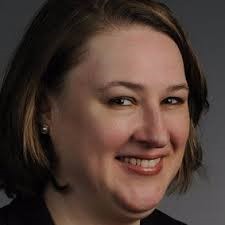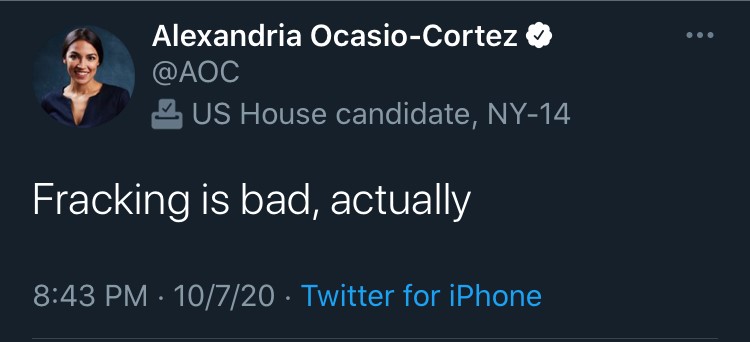
May 18, 2021
Transitions: First Year as Faculty
By Nancy Adams
Transitions is an occasional series where community members reflect on the things they have learned while moving from one institution to another or one role to another.
By Laura Miller, Florida State University
As I am writing this post, I am about three weeks away from my one-year anniversary as a full-time library faculty member at Florida State University. I transitioned into my current role as Visiting Open Publishing Librarian from a Graduate Assistantship in May 2020. Like many other early-twenty-somethings, I found myself starting my first full-time job remotely due to the pandemic. I am fortunate that my new role was housed in the same department as my assistantship, and that I even report to the same supervisor. Being able to see familiar faces on Zoom and Teams has made the transition from part-time to full-time much easier. Despite having the comforts of familiar colleagues at an institution I’ve called home since 2014, the jump from part-time to full-time and student worker to faculty has not been without its challenges.
As a GA, I worked on a number of open access publishing and scholarly communications projects. Being able to see projects through which I had contributed to or laid the groundwork for in previous years was one of the most gratifying aspects of my transition to Open Publishing Librarian. I’m able to troubleshoot technical issues for journals that were just developing when I was a GA, and I have published revised editions of a textbook I assisted with two years ago. With the added hours in my work week, I am able to pay greater attention to accessibility and refine publishing workflows that were ad hoc before my publishing-dedicated position was created. This more strategic and directed approach to library publishing culminated in the formation of Florida State Open Publishing (FSOP) last Fall which brought my office’s publishing, hosting, and consulting services under one cohesive initiative. (more…)



